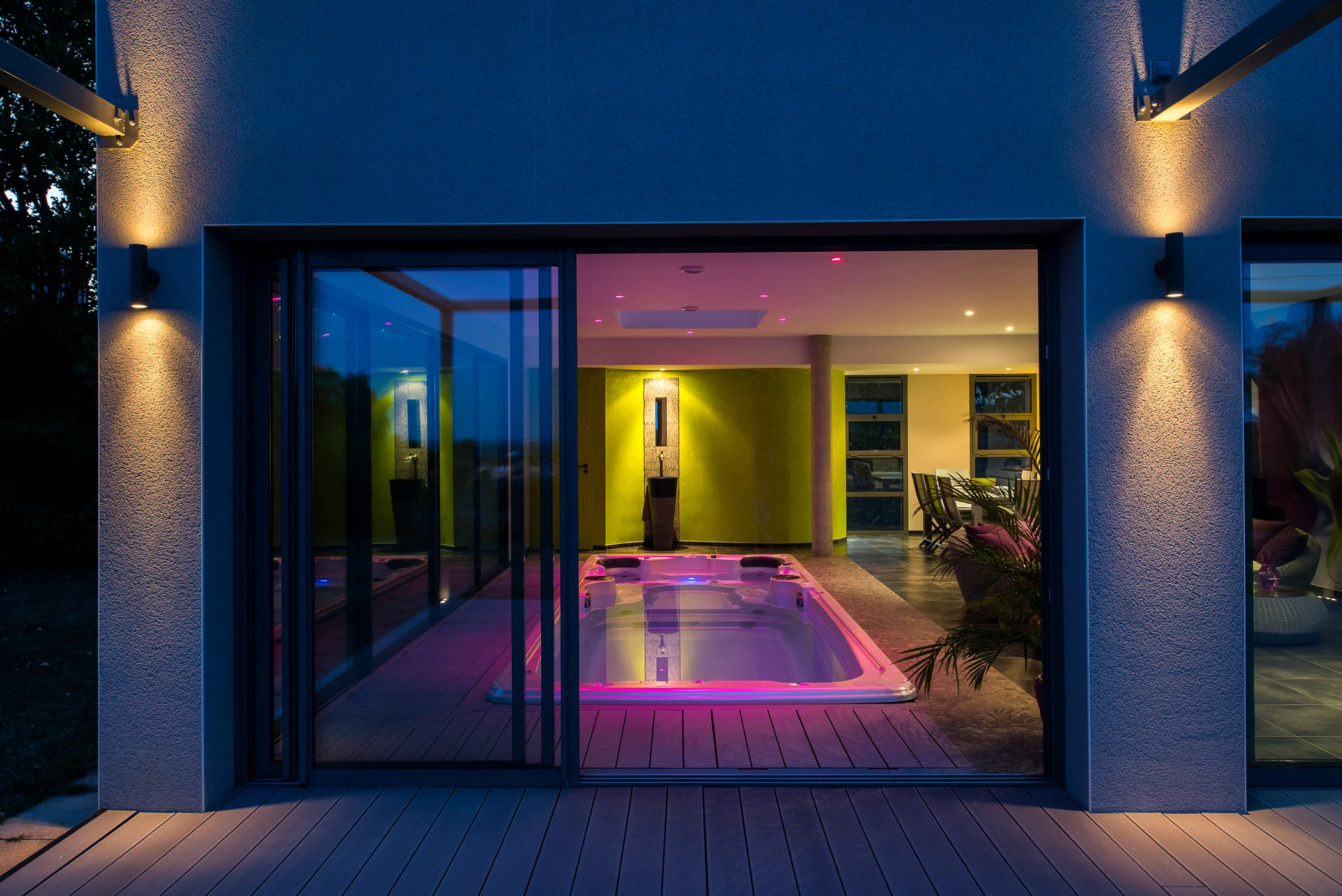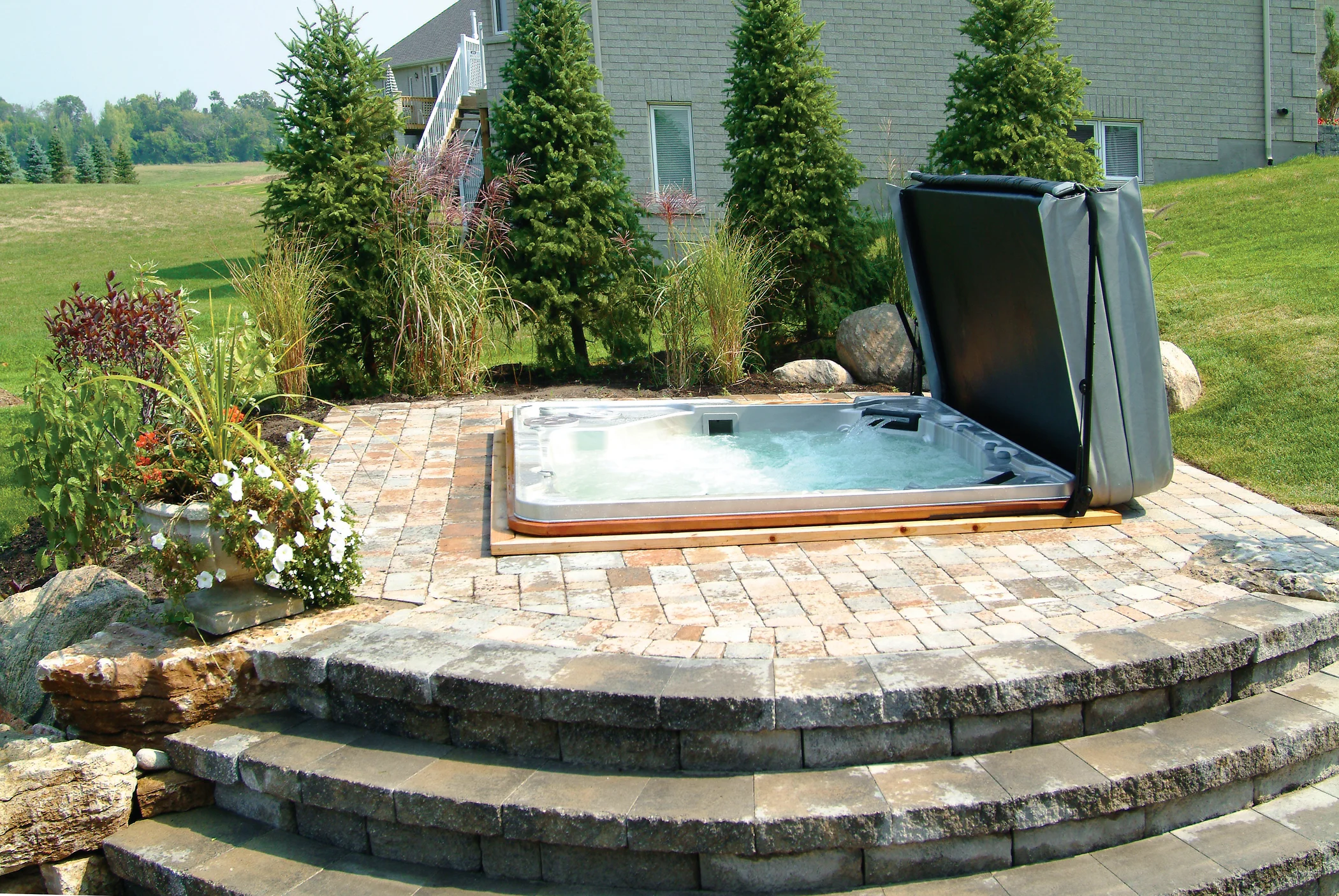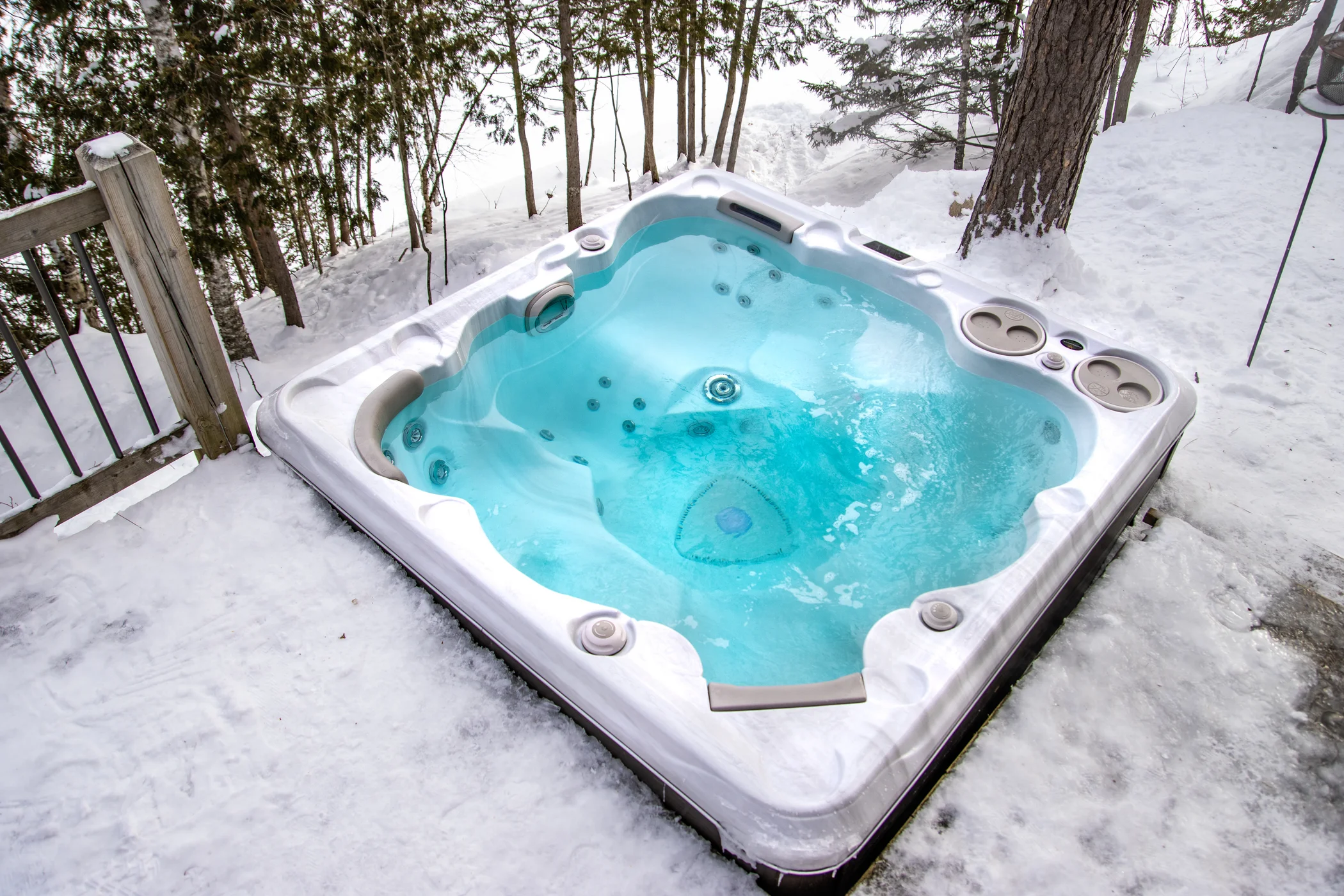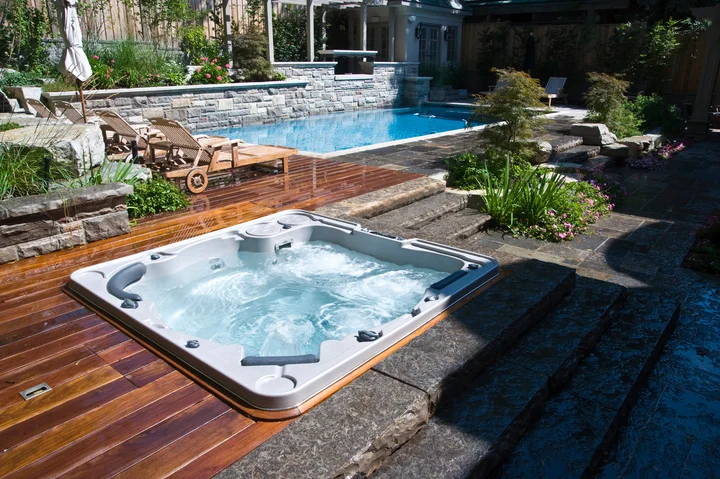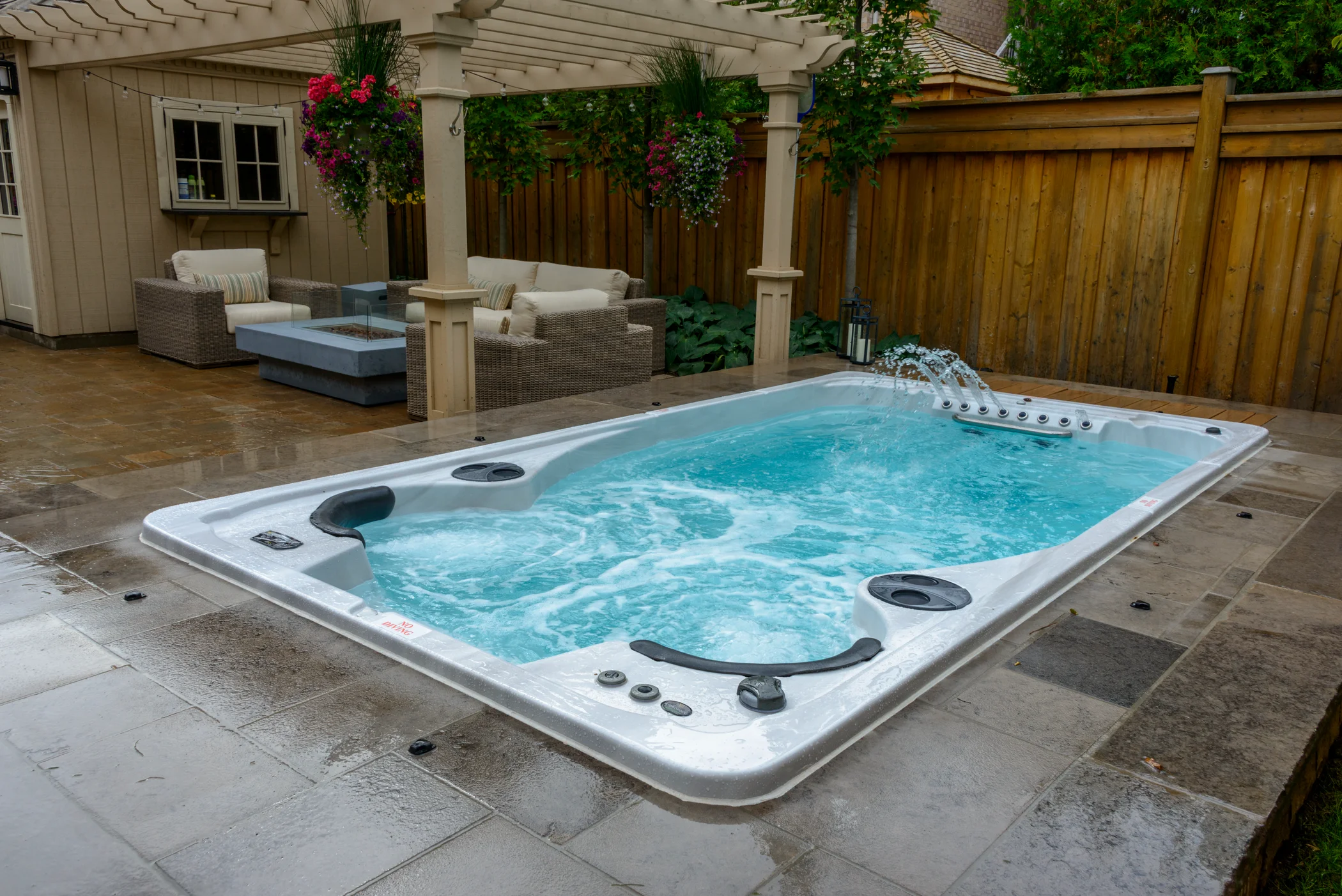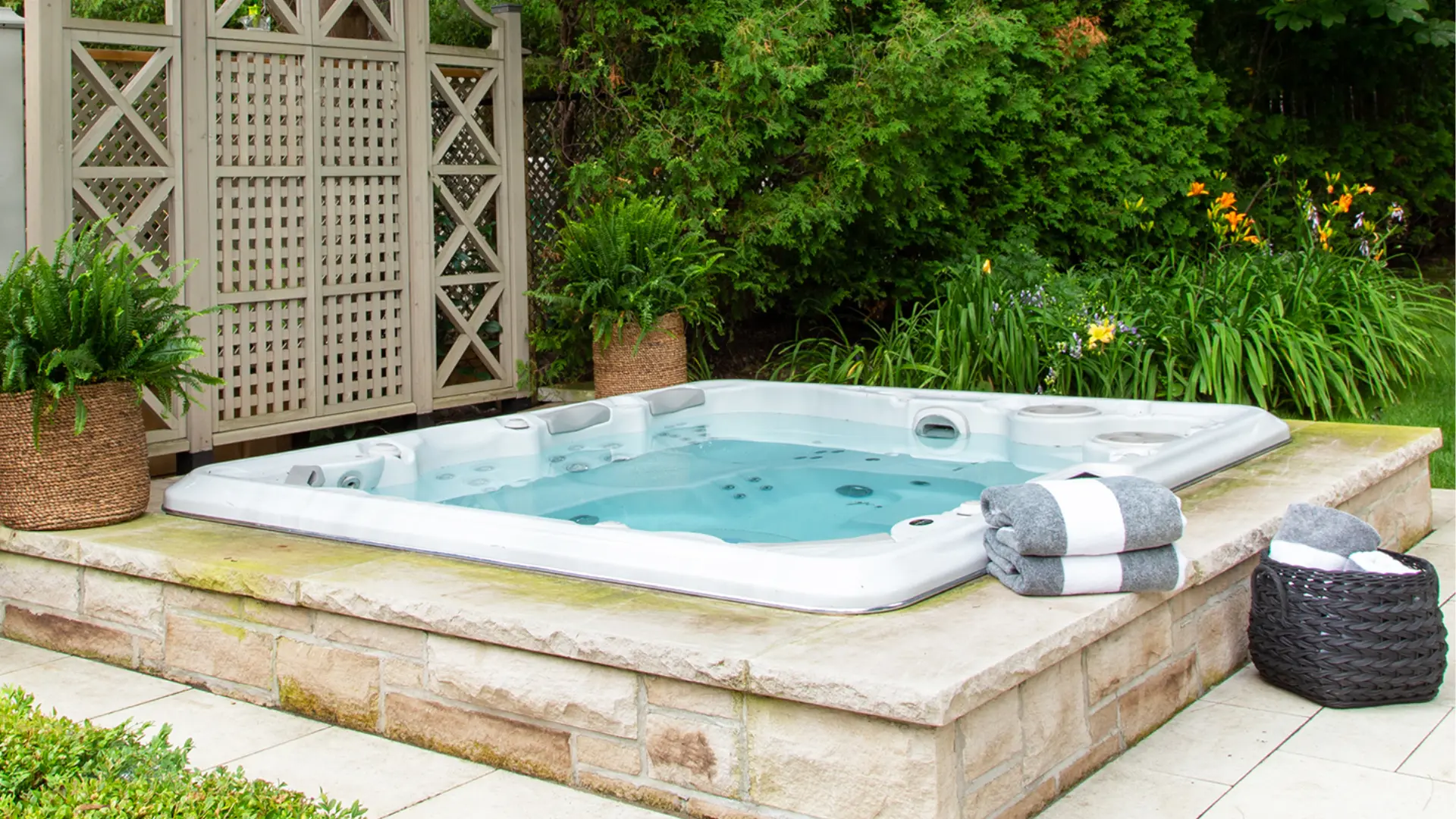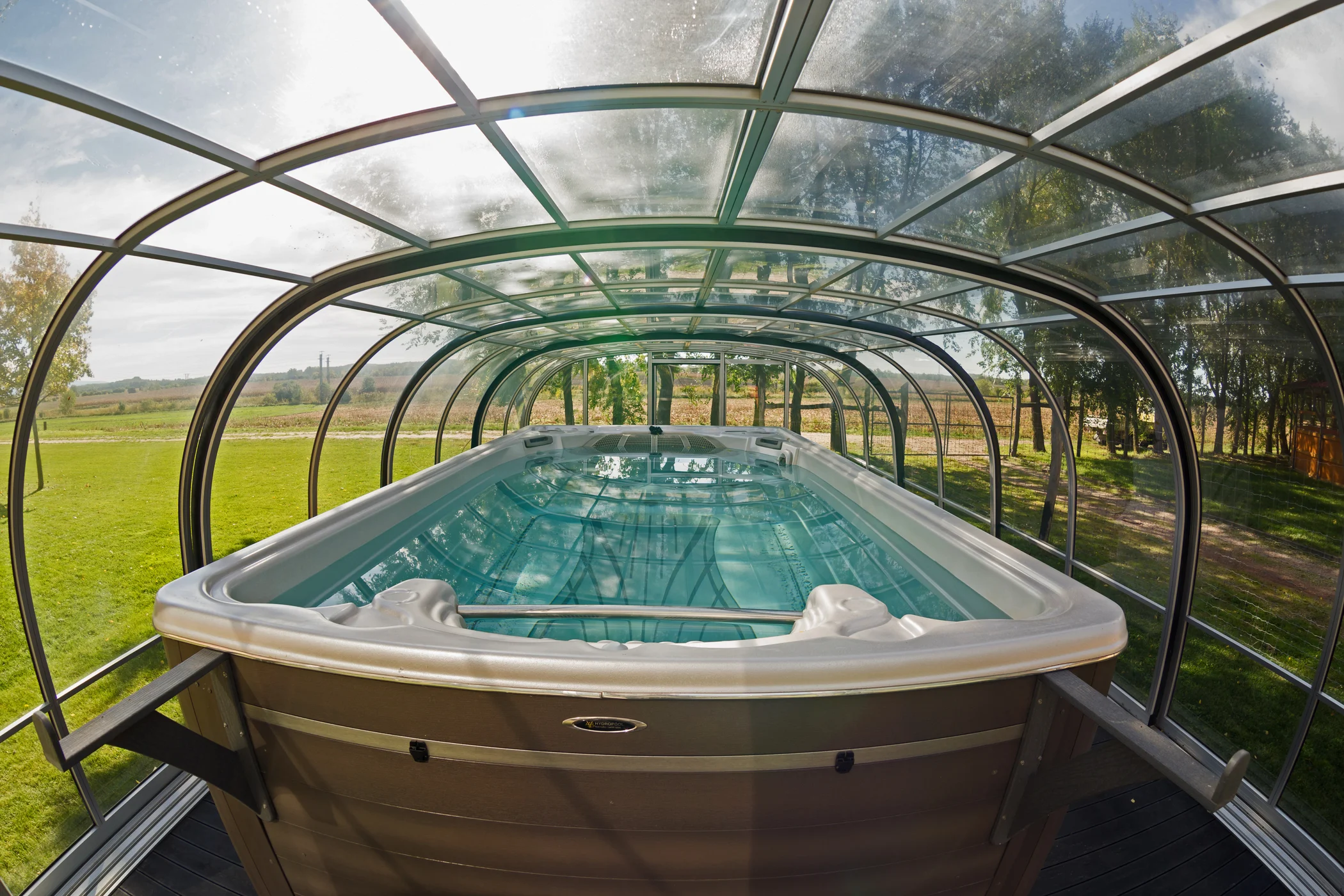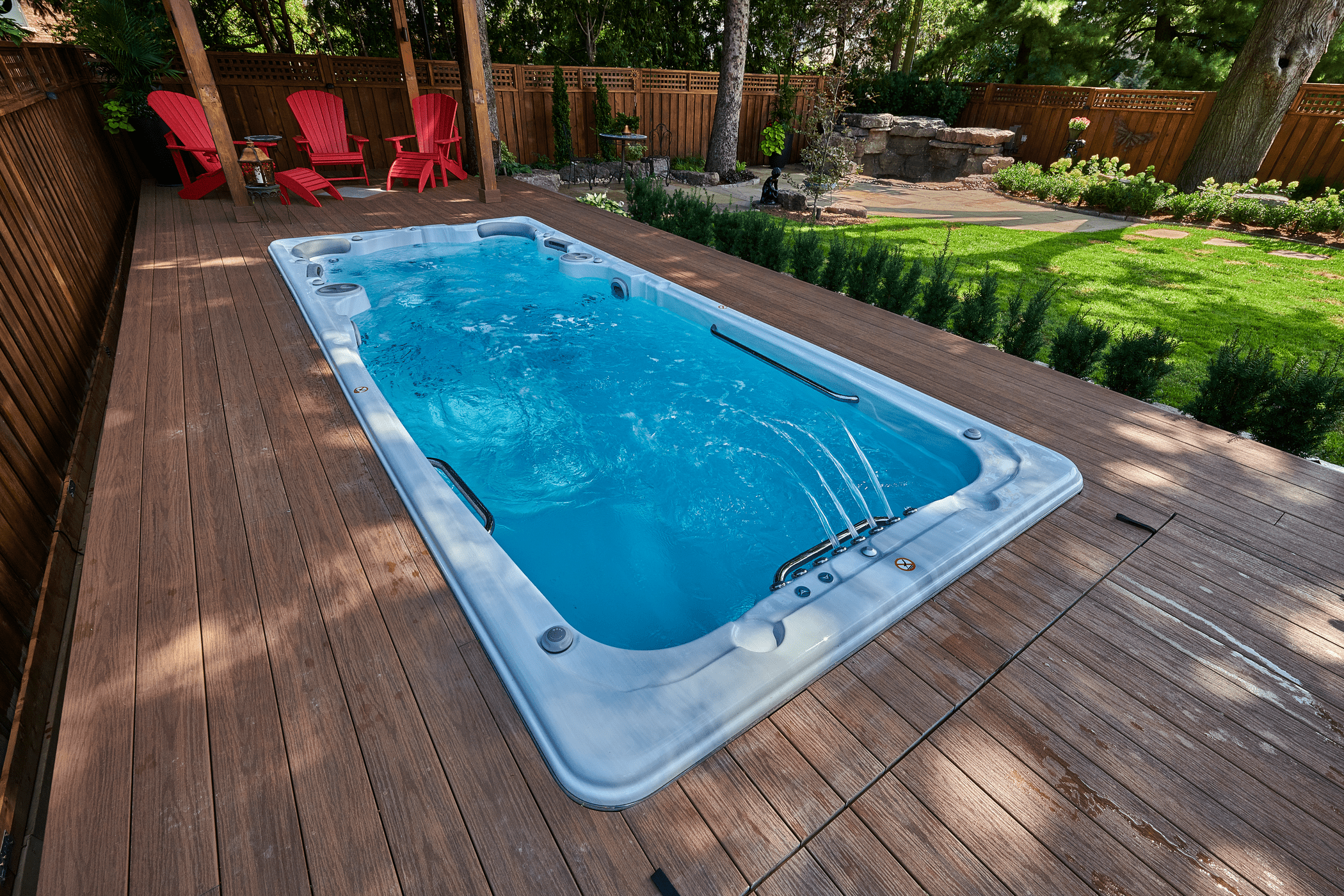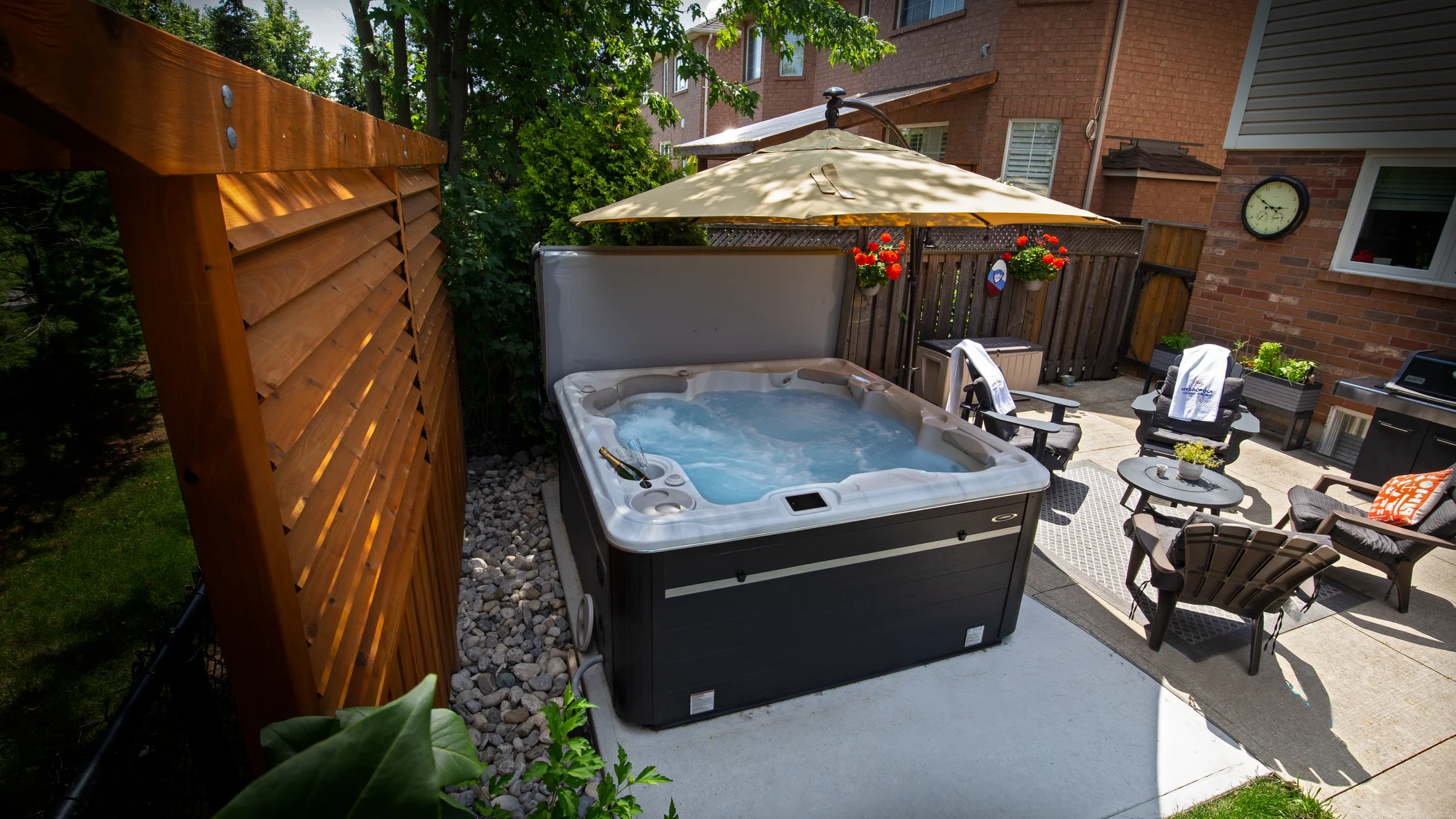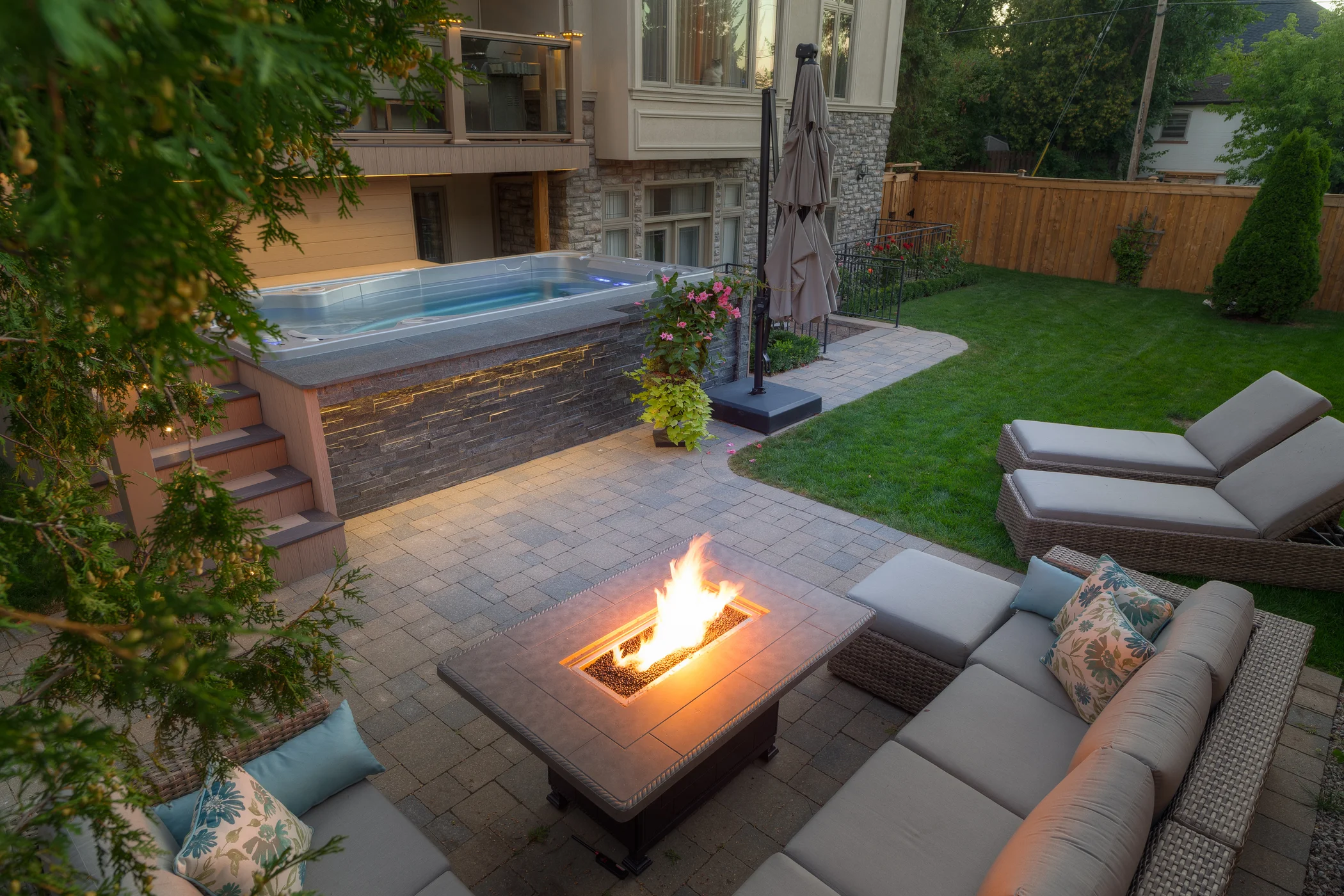Learning Centre
Shopping for a hot tub or a swim spa and looking for answers? Then bookmark Hydropool’s Learning Centre, a collection of our responses to the most common questions we are asked at our retail outlets around the world. We tackle the common issues actual buyers and owners face, all so you can know everything you need to before you buy.




